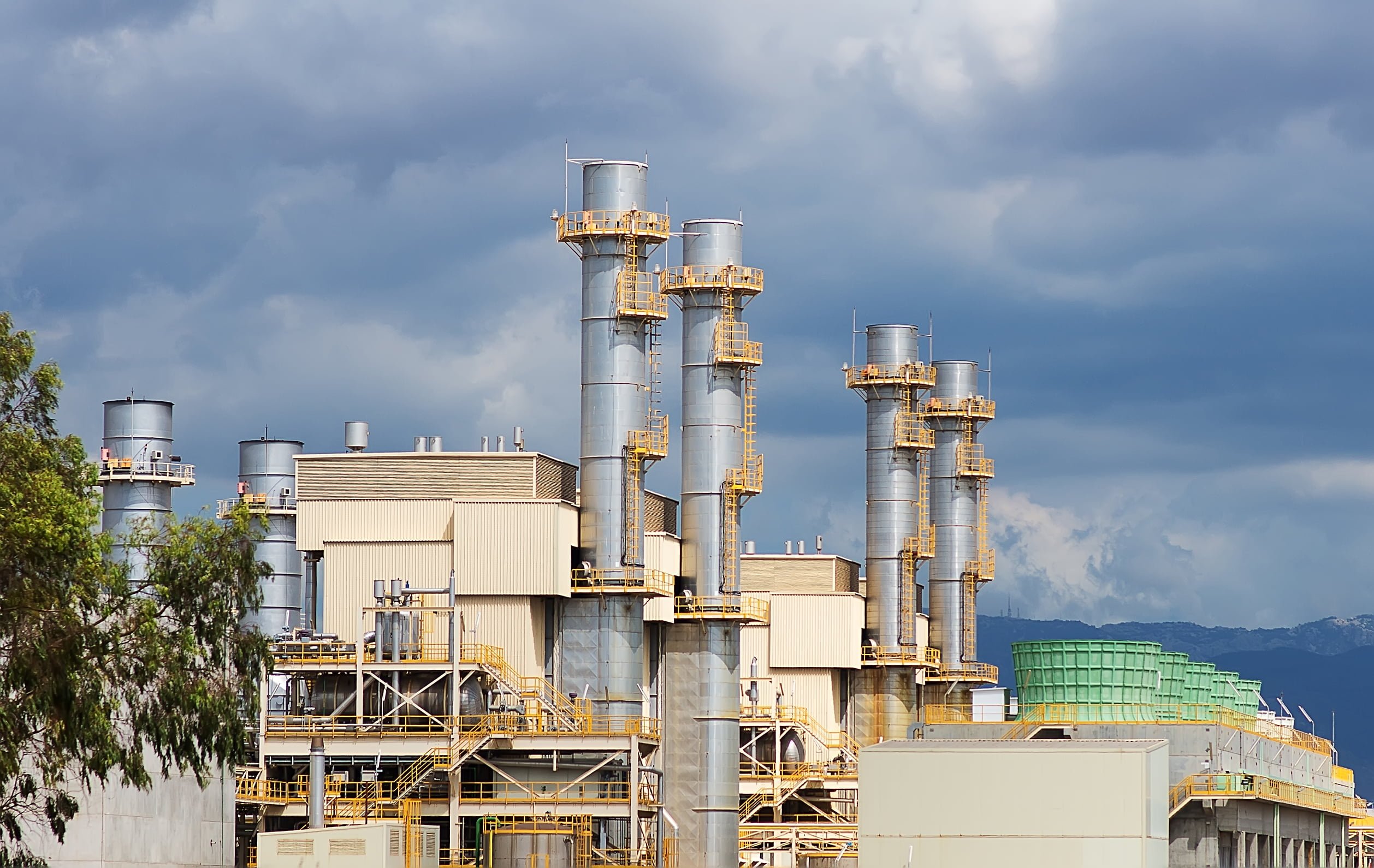Where Does Your Hazardous Waste Go?
We offer hazardous waste disposal for everything from chemical waste to asbestos waste to WEEE. But is your waste treated and recycled, is it incinerated, or does it go to hazardous landfill?
Safe and Sound Hazardous Waste Disposal at Specialist UK Sites
What hazardous waste disposal do we offer?
There have been advances in hazardous waste disposal in the UK over the last 20 years, owing to the Hazardous Waste Regulations and the Landfill Directive.
According to the Health and Safety Executive: “Waste is considered ‘hazardous’ under environmental legislation when it contains substances or has properties that might make it harmful to human health or the environment. This does not necessarily mean it is an immediate risk to human health, although some waste can be.
Considering this, the hazardous waste disposal solutions we currently offer are for:
- Bulk liquid waste
- Chemical waste
- Clinical waste
- WEEE
- Fly-tipped waste
- Aerosols
- Solvents
- Pesticides
- Oils
- Paints
- Equipment containing ozone-depleting substances, like fridges
- Hazardous waste containers

How is your hazardous waste disposed of?
Treatment and recovery
Certain hazardous wastes may be treated before disposal while others can be recovered and recycled. Treatment – chemical, thermal, biological or physical – creates a change that facilitates the waste management process. For some waste, it reduces volume and makes it easier to handle. For others, treatment can make it less harmful or easier to recover.
Chemical waste and many bulk hazardous liquid wastes will go via a treatment plant to their disposal site. Solvents and waste oils are among the hazardous wastes that can be recovered and recycled as chem-fuels and alike.
Incineration and secure disposal
While liquid wastes, clinical wastes, flammable wastes and secure waste are not suitable for landfill, incineration is a safer option that has some environmental benefits but is not the most eco-friendly solution.
Not only does incinerating hazardous waste decrease its solid mass by up to 80% so it takes up less physical space, but also the energy released from incineration can be reused. Energy created during the waste incineration process is converted into electricity and heat. Although incineration is still a better solution to landfill, disposing of some waste streams with incineration does raise air pollution and carbon impact concerns.
Again, RJS Waste Management only uses the most strictly regulated UK incineration plants for hazardous waste disposal. Our specialist sites also ensure the highest temperatures are used to detoxify hazardous waste.
Hazardous Landfill
As there is no other option but to dispose of asbestos and some other hazardous wastes in landfill, RJS Waste Management uses specialist UK hazardous waste landfill sites that are regulated by the Environment Agency. There are regulations in place to stop certain toxic wastes, which could pollute soil and water, being disposed of in landfill. And while, ecologically speaking, landfill is not a good solution for any waste disposal, it is still the most viable for larger loads.
Bulk hazardous waste – such as industrial chemical waste, contaminated soil and fibrous asbestos waste – are often sent to landfill sites in carefully controlled remote locations. Any hazardous waste destined for landfill will undergo laboratory testing to make sure that it is the most suitable disposal outlet. This adds a cost to the waste management process but is a necessary health and safety measure.
